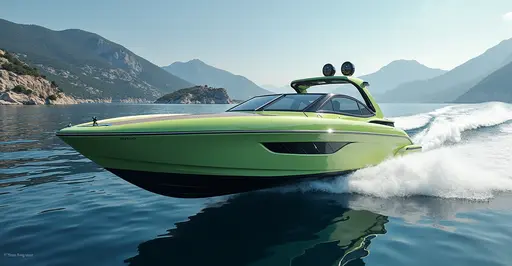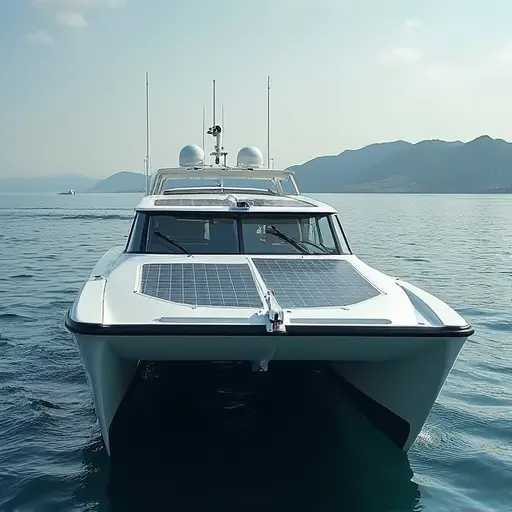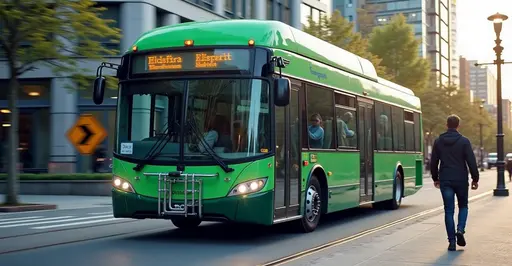
Electric Boat Regattas Lead Marine Sustainability Charge
Major electric boat competitions in 2025 are demonstrating revolutionary zero-emission technologies that could transform recreational and commercial boating. Events like the Monaco Energy Boat Challenge and South Coast Green Tech Boat Show feature cutting-edge propulsion systems, advanced battery solutions, and solar integration that eliminate carbon emissions while maintaining performance.
Monaco Sets Innovation Benchmark
The 11th Monaco Energy Boat Challenge (June 2024) required teams to develop entirely new propulsion systems using sustainable materials. Participants showcased hydrogen fuel cells, ultra-efficient electric motors, and photovoltaic integration that extended cruising range. This year's entries achieved 20% greater efficiency than 2023 models according to technical reports.
UK Show Highlights Commercial Applications
The South Coast & Green Tech Boat Show (April 2025) features an Innovation Hub dedicated to solving practical challenges in marine electrification. Exhibitors demonstrate rapid-charging infrastructure, swappable battery systems, and AI-powered energy management that reduce operational costs by up to 60% compared to diesel vessels.
Historical Context Meets Modern Tech
Electric boats aren't new - Moritz von Jacobi demonstrated the first electric vessel in 1839. After being overshadowed by combustion engines for decades, modern electric boats combine historical concepts with lithium-ion batteries and solar regeneration. Today's systems offer cruising ranges exceeding 100 nautical miles on single charges.
Environmental and Economic Advantages
The shift brings dual benefits: elimination of water and air pollution plus significantly lower operating costs. Studies show electric propulsion costs just 10-15% of equivalent diesel systems in fuel expenses. Regattas prove these technologies can deliver competitive speeds - several 2025 entries exceed 50 knots.
Industry Adoption Accelerates
Major manufacturers like Torqeedo and Vision Marine now offer electric outboards for production boats. Ferry operators in Norway and Canada are converting fleets, while the US Coast Guard evaluates electric patrol vessels. Analysts project the electric marine market will grow 15% annually through 2030.
Future Challenges
Key hurdles remain including charging infrastructure development, battery weight optimization, and improving energy density. Regatta engineers emphasize that continued innovation in solid-state batteries and hydrogen storage will be crucial for long-haul commercial vessels.

 Nederlands
Nederlands
 English
English
 French
French
 Deutsch
Deutsch
 Espaniol
Espaniol
 Portugese
Portugese








